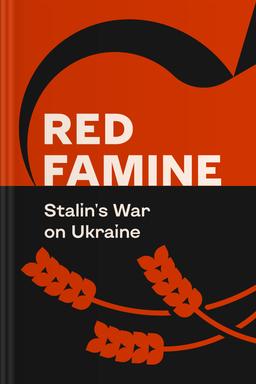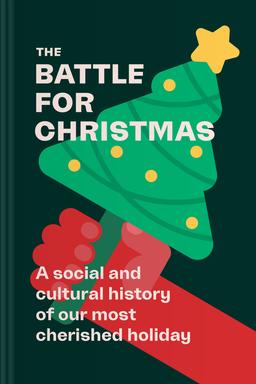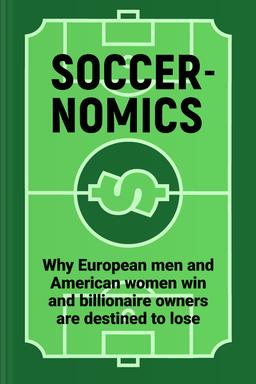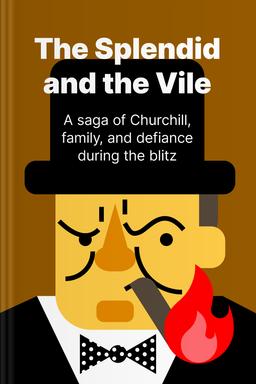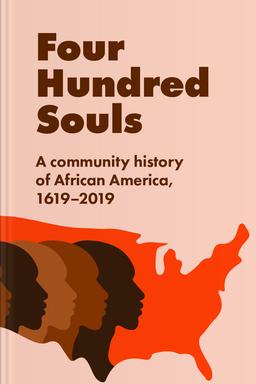What is Red Famine about?
This gripping historical account explores the devastating man-made famine in Ukraine during the early 1930s, orchestrated by the Soviet regime under Stalin. It examines the political motives behind the famine, the suffering endured by millions, and the long-term impacts on Ukrainian society and identity. Through meticulous research and personal narratives, the book reveals a dark chapter of history marked by oppression, resilience, and the struggle for survival.
Who should read Red Famine
- History enthusiasts seeking to understand Soviet policies.
- Students studying 20th-century Eastern European history.
- Readers interested in human rights and governmental oppression.
What is The Battle for Christmas about?
This book explores the history and evolution of Christmas, revealing how the celebration transformed from a rowdy public festival to a more family-centered holiday. It delves into the tensions between commercialism and tradition, examining how societal changes, politics, and cultural shifts shaped our modern understanding of Christmas. Through engaging narratives and historical insights, it uncovers the underlying battles over meaning and values that continue to influence this cherished holiday.
Who should read The Battle for Christmas
- History enthusiasts interested in holiday traditions
- Academics studying cultural influences on festive celebrations
- Readers curious about Christmas's social evolution
What is Soccernomics (2022 World Cup Edition) about?
This insightful analysis delves into the economics and sociology of soccer, exploring why European men and American women excel in the sport while billionaire owners often falter. Through data-driven arguments and rich anecdotes, the authors challenge conventional wisdom about success in soccer, uncovering the hidden factors that shape outcomes in the game. Ideal for fans and analysts alike, it provides a fresh perspective on the world of soccer ahead of the 2022 World Cup.
Who should read Soccernomics (2022 World Cup Edition)
- Soccer enthusiasts seeking deeper economic insights.
- Sports economists analyzing gender differences in sports success.
- Investors interested in the business of soccer.
What is The Splendid and the Vile about?
This captivating narrative explores the harrowing days of World War II as Britain faced the Blitz. It delves into Winston Churchill's leadership, the resilience of his family, and the indomitable spirit of Londoners. Through vivid storytelling and meticulous research, the book paints a portrait of defiance amidst destruction, revealing personal stories intertwined with historical events, highlighting both the weight of leadership and the strength of human connections during crisis.
Who should read The Splendid and the Vile
- History enthusiasts eager to explore World War II.
- Fans of compelling biographical narratives about iconic leaders.
- Readers interested in stories of resilience and family bonds.
What is Four Hundred Souls about?
This collective narrative spans 400 years of African American history, presenting the experiences of both notable figures and everyday individuals. Structured as a series of essays, it explores themes of resilience, resistance, and community. Contributors from various backgrounds reflect on pivotal moments and movements, revealing the complex tapestry of African American life, culture, and identity while emphasizing the ongoing struggle for justice and equality.
Who should read Four Hundred Souls
- History enthusiasts seeking diverse perspectives
- Students studying African American history
- Readers interested in social justice and equity
